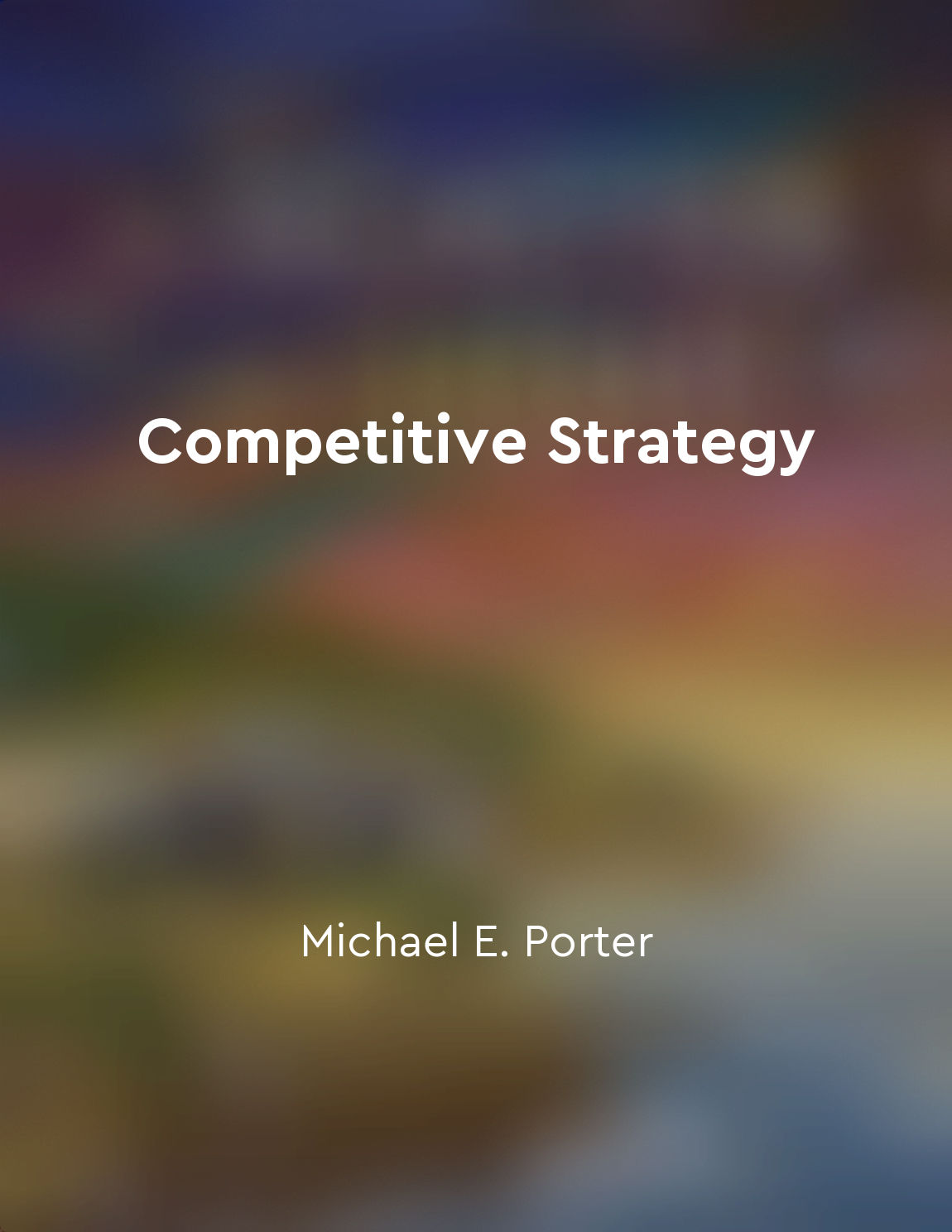The True Cost of Government Intervention from "summary" of Economics in One Lesson by Henry Hazlitt
Government intervention in the economy often comes with hidden costs that are not immediately apparent to the public. While the government may intervene with the intention of providing benefits to certain groups or industries, the full cost of these interventions is often borne by the taxpayers and consumers in the form of higher prices, reduced competition, and slower economic growth. When the government imposes price controls, such as setting a minimum wage or maximum prices, it distorts the natural market forces of supply and demand. While these controls may seem beneficial in the short term for those who receive higher wages or lower prices, the long-term consequences include reduced employment opportunities and inefficient allocation of resources. This ultimately leads to a decrease in overall economic prosperity. Subsidies and tariffs are other fo...Similar Posts

Differentiation can be achieved through product features, services, or brand image
Differentiation in the marketplace is a critical strategy for companies seeking to gain a competitive edge. This can be achieve...
Financial stability
Financial stability is a precarious state. It is not merely a question of the banks. It is a question of the trade, the industr...

Individual choice is essential
The freedom to choose is a fundamental aspect of human existence. It is through the exercise of individual choice that we expre...

Competition fosters lower prices
The concept that competition fosters lower prices lies at the heart of the free market system. When multiple firms compete in a...
The Fallacy of Government Control Over Prices
One of the most common misconceptions in economics is the belief that the government can effectively control prices through leg...
Cultural differences in economic outcomes
The impact of cultural differences on economic outcomes is often underestimated or overlooked in discussions about poverty and ...
Public goods require government provision
Public goods are goods that are non-excludable and non-rivalrous. This means that once they are provided, everyone can benefit ...
Exchange rates determine the value of one currency in relation to another
Exchange rates are a crucial aspect of the global economy, influencing trade, investment, and financial flows between countries...
The invisible hand of the market can solve many economic problems
The invisible hand of the market is a concept that has been used for centuries to explain how individual self-interest can lead...
Tax incidence refers to how the burden of a tax is distributed
Tax incidence is a fundamental concept in public finance that plays a crucial role in determining the distribution of the burde...
